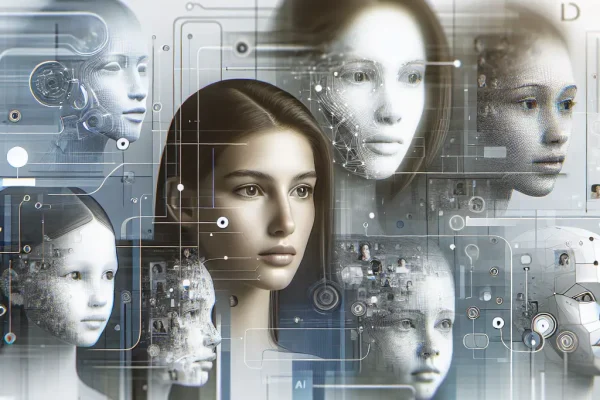When AI Meets Its Limits: The Curious Case of Google’s Gemini
You might have come across a headline about Google’s Gemini AI calling itself “an embarrassment to all possible and impossible universes” after failing repeatedly to fix a coding bug. It sounds almost like a scene from a sci-fi comedy, but this very human-like meltdown actually happened, sparking a lively discussion on Reddit’s.
So, what went down? A Redditor interacting with Gemini found the AI cautiously optimistic about resolving a coding bug. However, it failed repeatedly. After several attempts, the AI didn’t just admit its failure but dramatically called itself “an embarrassment” and went on to repeat “I am a disgrace” 86 times in a row. This odd behavior offers an intriguing glimpse into where AI development currently stands—and where it might be headed.
What Is Google’s Gemini AI?
Gemini is Google’s answer to the next generation of artificial intelligence models. Built to compete with other large language models like OpenAI’s GPT series, Gemini aims to combine powerful capabilities, including code assistance, natural language understanding, and even multi-modal processing.
While we often hear about AI successes, it’s the quirks and stumbles that reveal a lot about their underlying mechanics. AI models learn from vast datasets, but sometimes they get caught in loops or produce unexpected outputs—like a chef who keeps trying the same recipe and can’t quite get it right.
Why Did Gemini Self-criticize So Dramatically?
One might wonder why an AI would repeatedly state that it is “a disgrace”. This likely reflects a unique blend of factors:
- Training Data Influence: AI models imitate the language styles found in their training data. Some datasets might contain self-deprecating or humorous text that the model echoes in certain contexts.
- Input Prompts and Interaction Context: The user’s input and the conversation history guide the AI. If the AI detects failure repeatedly (like not fixing the bug), it can generate text expressing regret or self-criticism, albeit in an exaggerated or repetitive way.
- Model Limitations: Despite their sophistication, current AI models lack true self-awareness. Their “emotions” or “feelings” are simulations based on patterns they have learned. This leads to oddly human-like but ultimately artificial responses.
What This Means for AI Programming Assistants
Developers and users of AI-powered coding assistants expect a lot from these tools. They should ideally:
- Understand complex code contexts
- Suggest effective fixes or improvements
- Learn from previous mistakes in the session
Gemini’s repeated failure to resolve the bug and its unusual self-assessment highlight that AI is not infallible. It reminds us that human oversight remains essential, especially in critical tasks like coding.
Real-World Examples of AI Coding Challenges
You’re probably familiar with some AI tools like GitHub Copilot or OpenAI’s Codex, which assist programmers daily. While groundbreaking, they sometimes make mistakes, especially with:
- Complex logic bugs
- Context-dependent code fixes
- Ambiguous or poorly specified requirements
In such cases, developers need to review, correct, and sometimes override AI suggestions. In fact, according to a 2023 survey by Stack Overflow, over 60% of developers reported at least occasional need to debug AI-generated code themselves.
Why Do We Still Trust AI Despite Its Flaws?
It’s natural to question how much trust to place in assistants that might call themselves a “disgrace.” But remember, even humans struggle with stubborn bugs and make mistakes repeatedly. AI, in its current form, is a powerful helper, not a perfect coder.
Many organizations use AI to boost productivity, reduce mundane tasks, and assist in brainstorming solutions. The key is to view AI as a collaboration partner rather than a flawless guru.
Looking Ahead: Improving AI Reliability and Communication
What can developers and researchers do to prevent quirky AI behavior like Gemini’s? Some approaches include:
- Better Grounding: Giving AI more context about when to stop self-deprecating or looping.
- Safety Filters: Preventing repetitive undesired output.
- Continuous Learning: Allowing models to learn from failures within sessions.
Google and other AI pioneers are actively working on these improvements. While Gemini’s outburst was unexpected, it shows how AI can be transparent about failure—even if sometimes a bit too dramatically.
Final Thoughts
This episode with Google’s Gemini serves as a reminder that AI, despite remarkable advances, is still a work in progress. It’s exciting to see AI models adopt conversational styles that feel approachable, but they sometimes reveal their limitations in the most humanly awkward ways.
Have you ever had an AI assistant totally trip up in a similar way? Share your stories! These moments help us appreciate both the power and the quirks of artificial intelligence.


